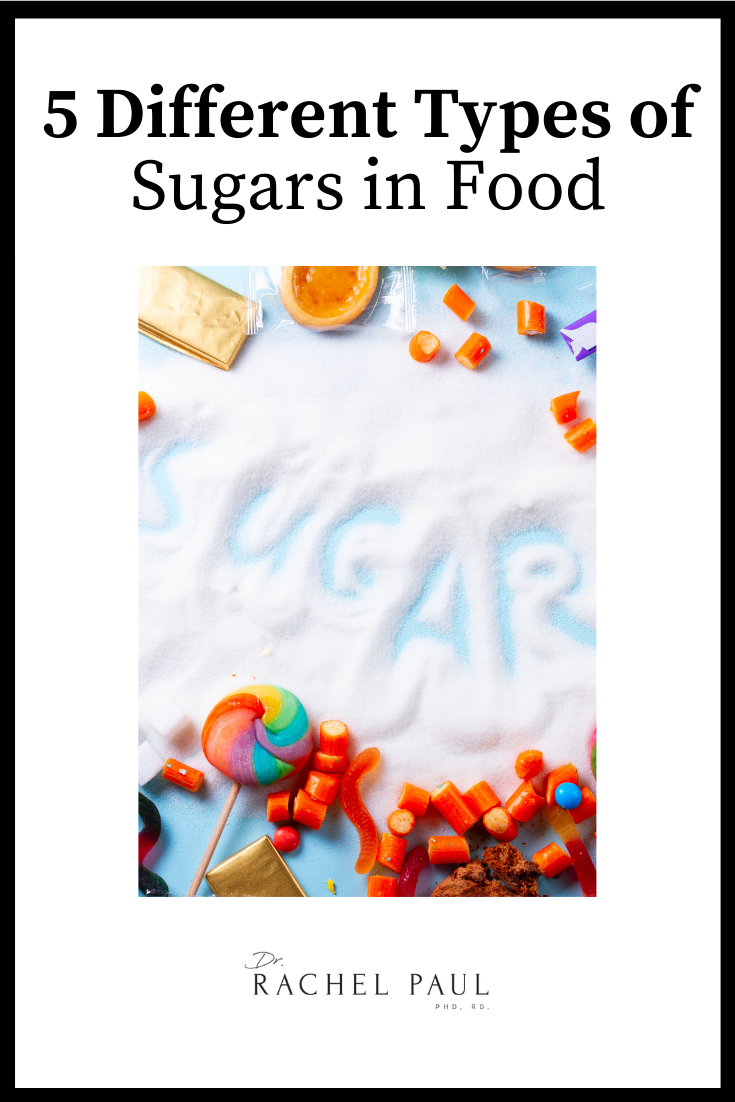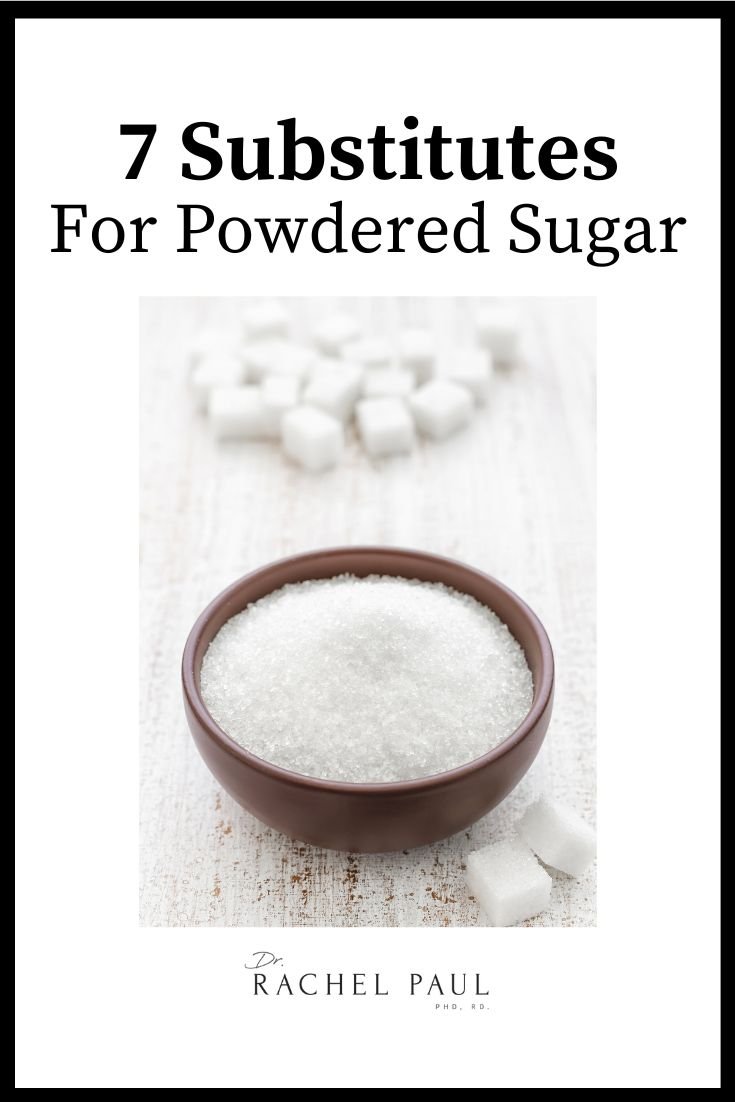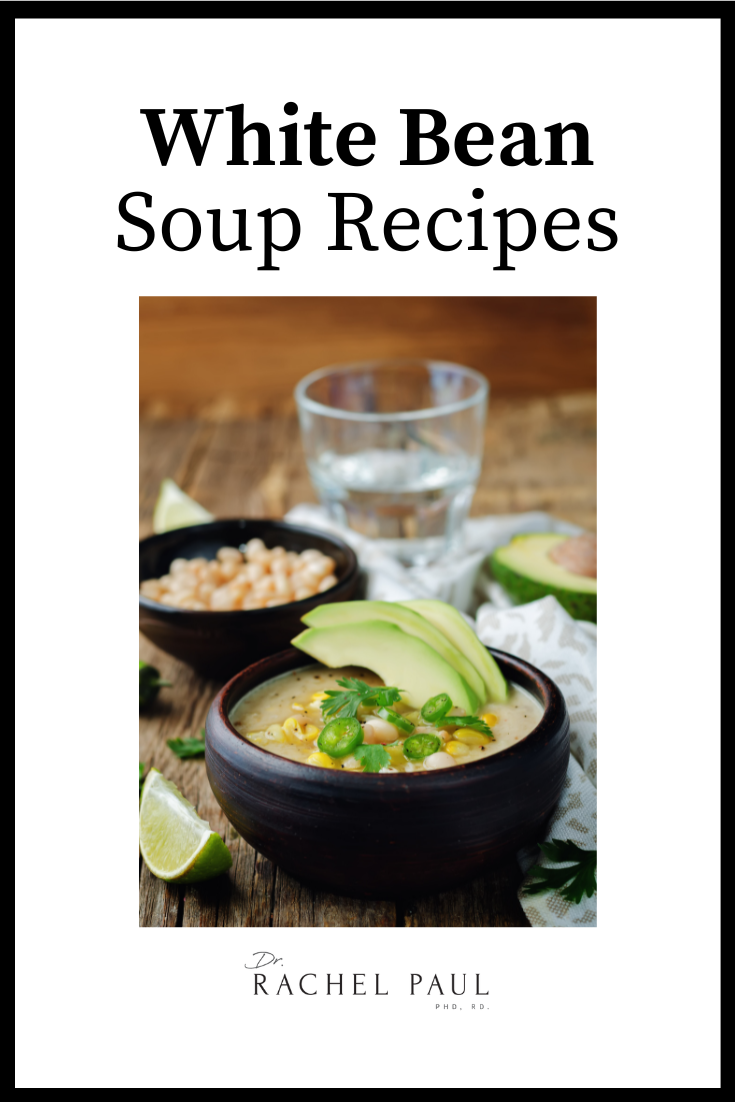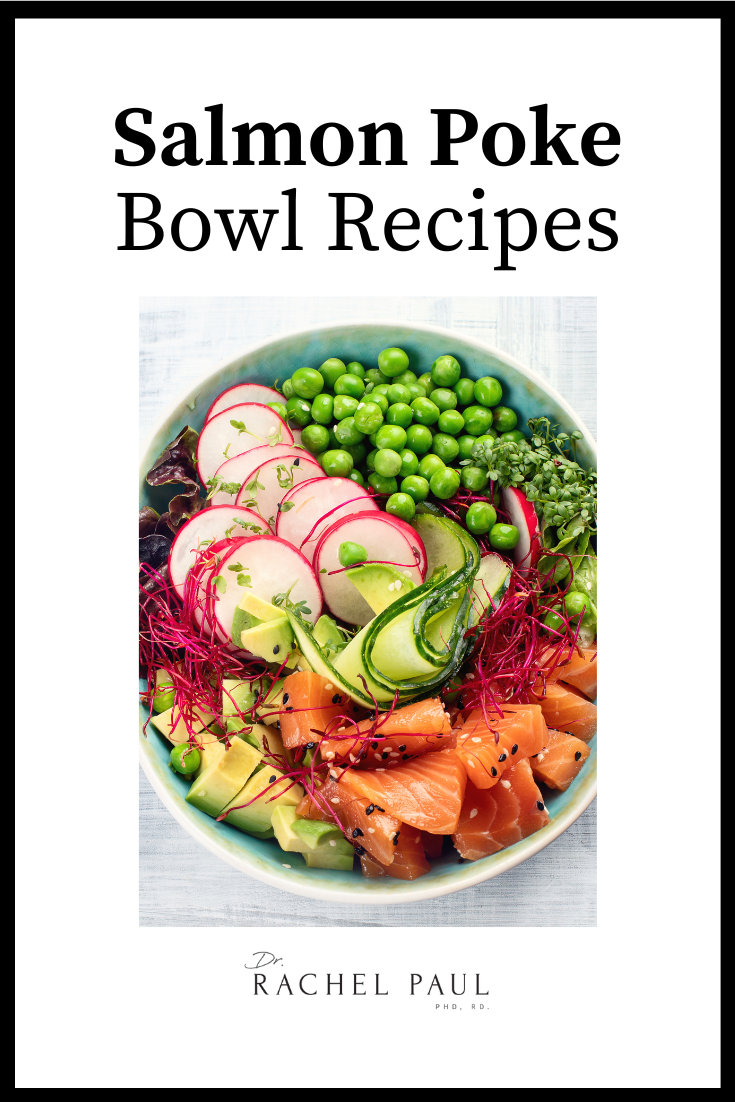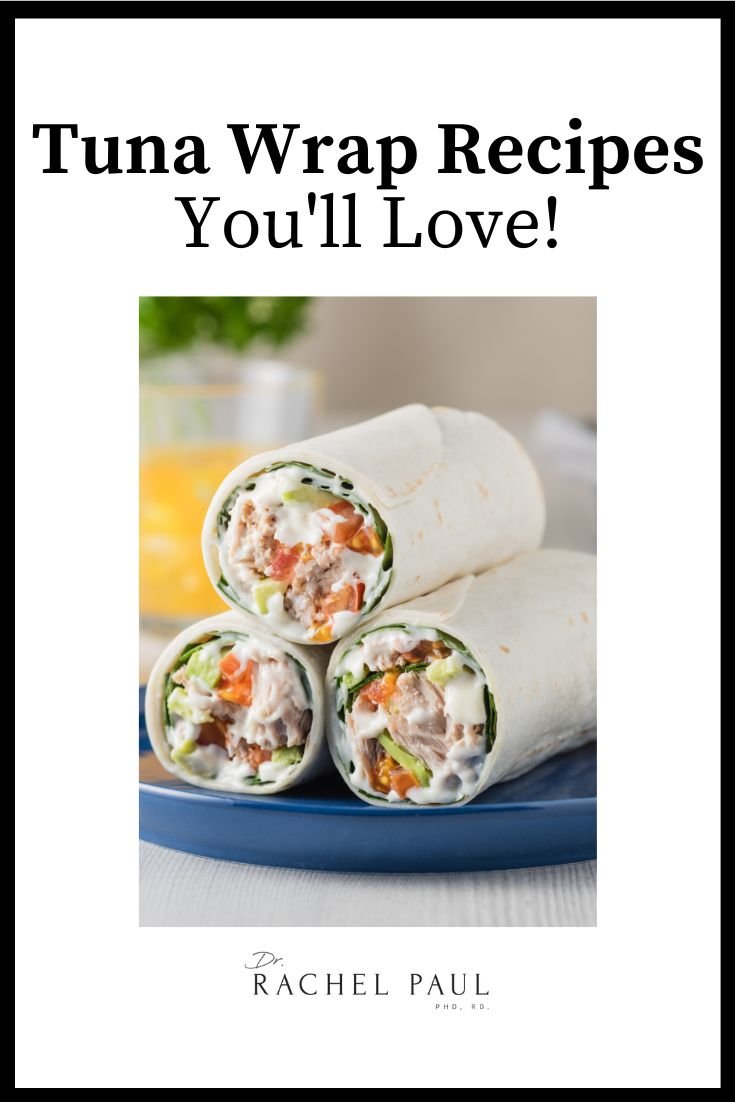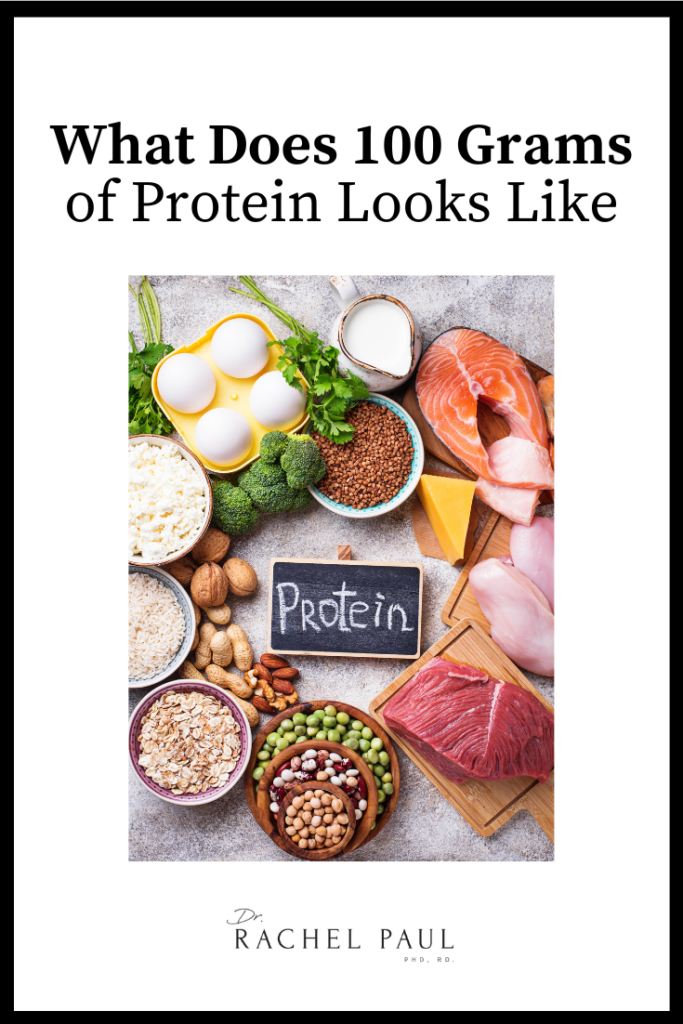Sugar is a type of carbohydrate that is found in most foods and beverages. It provides the cells with the energy that they need to function and survive.
There are natural sugars that can occur naturally in foods, and there are also artificial sugars. Those come in different names, and they’re added to foods and beverages to enhance flavor, extend shelf life, add texture, etc.
Some sugars are bad for your health and linked to an increased risk of obesity, type 2 diabetes, etc. However, not all sugars are bad for your health.
In this post, I’ll talk about the different types of sugars found in food, as well as which ones are beneficial and which ones you should avoid.
5 Different Types Of Sugars in Food
Glucose
Glucose is one of the most common types of naturally occurring sugars. It’s one of the simple sugars made naturally, by plants – plants use water, oxygen, and carbon to produce glucose.
It can be found in tons of healthy plants, which is why it’s one of the most common sugars in foods – it can be found in oats, beans, broccoli, spinach, kale, and so much more.
Glucose is the type of sugar our body uses for fuel, which means it’s the type of sugar our body needs.
No matter what type of sugar we eat, our body turns it into glucose, as it is the type of sugar our body can transport to cells and muscles.
Fructose
Fructose is another one of the common types of sugars in foods – it’s mostly found in fruits (bananas for example), some vegetables, and honey. It’s the sweetest out of all natural sugars.
While it’s a type of naturally occurring sugars, it is often linked to obesity. When digested, it’s not sent to the bloodstream instantly, but to the liver first, which means you won’t get the feeling of fullness.
However, don’t worry – if not overconsumed, it’s totally fine to eat it. In fact, fruit is very healthy for you, and you should by no means avoid it just to avoid fructose. As long as you eat a well-balanced diet, you shouldn’t have any issues. Of course, if you have any health issues related to sugar-intake, your doctor will advise you on how much of it to consume.
The reason why fructose is often linked to obesity is that it’s used to make high fructose corn syrup HFCS – a corn syrups that’s very sweet and often found in soda and candy.
Sucrose
Sucrose is a combination of glucose and fructose. It’s a commonly used type of sugar in every kitchen. White sugar, brown sugar, all of those sugars we use to sweeten our food are types of sucrose. They’re made by refining sugar canes and sugar beets.
It can also be found in some foods such as honey (but honey isn’t only sucrose, it’s a mix of sucrose, fructose, and glucose), maple syrup, some vegetables and some fruits.
While it’s not completely bad, it should be eaten in moderation, just like all other sugar types.
Lactose
Lactose is a natural sugar that’s found in dairy products, such as milk, yogurt, and also in human breast milk.
It’s a combination of glucose and galactose (galactose is techincally also a type of sugar, but it’s not naturally found in foods, it’s only found as a part of lactose along with glucose).
Humans naturally have the ability to digest lactose, but that ability can change over time.
You have probably heard of ‘lactose intolerance’. It’s a condition that occurs when a person lacks lactase enzyme, which makes digestion of milk an issue. Lactase enzyme is an enzyme that breaks down lactose into glucose and galactose, so our body can then absorb it, which is why a person can’t digest milk if it lacks that enzyme.
Lactose, just like all other types of sugars, is fine to consume in moderation.
Maltose
Maltose is a type of sugar that is made by fermentation of other natural sugars, specifically, it’s a byproduct made by breaking down carbohydrated.
It’s made up of two glucose molecules combined together.
It can be found in alcohol, as it’s made by fermentation of fructose. However, at the end of the fermentation process, not a lot of maltose is left in the drink.
It can also be found in sprouted grains.
Natural Sugar vs Artificial Sugar
Natural sugars are sugars that are naturally found in foods such as fruits, vegetables, milk, etc. It’s not produced in any way, it’s simply found in foods.
The reason why it’s better for us than artificial sugar (also known as added sugar), is that foods that contain natural sugar usually have other health benefits, including different vitamins and minerals.
Artificial sugar on the other hand is sugar that has been added to foods. It’s added to enchance flavor, make the shelf life longer, etc. It adds calories, but doesn’t add any nutritional value, which is why it’s often said it should be avoided. While it’s okay to eat it from time to time, it should only be consumed in moderation, and not too much, as it can lead to different health issues.
Many people also confuse what artificial sugar actually is. When reading the label of a food product, you might think there’s no added sugar, when in fact there is. Here are a few ingredients that are actually added sugars, which not everyone realizes: brown sugar, agave nectar, coconut sugar, cane sugar, honey (honey is considered both a natural sugar and added sugar which can seem confusing), maple syrup, etc.
Whenever possible, try to eat natural sugars and not artificial sugars.
Is Sugar Bad For You
This question is a bit tricky to answer, because the answer can depend on many different things.
First of all, it can depend on your own health.
Assuming all aspects of your health are good and you don’t have any specific diseases, you don’t need to avoid sugar altogether, especially not natural sugars, as your body needs glucose to function.
When eaten in moderation, and when it’s a part of a balanced diet, sugar is okay to consume.
However, keep in mind that too much sugar, especially artificial sugar, can lead to different health issues such as obesity, type 3 diabetes, tooth decay, and so on.
So, not all sugar is bad for you, especially not in moderation, but be c
areful not to overconsume it.
